Summary:
10/19: Last Day to Register to Vote: https://registertovote.ca.gov
Check Your Registration Status: https://voterstatus.sos.ca.gov
Track Your Ballot: WheresMyBallot.sos.ca.gov
Election Date: November 3, 2020 7:00 a.m. to 8:00 p.m.
Voter Registration: Online or Postmark by October 19, 2020 or you can “conditionally” register and vote at your county elections office after the 15-day voter registration deadline.
Vote-by-Mail Ballot Request: Must arrive by October 27, 2020
Completed Ballots, Including Vote-by-Mail Ballots: Personally delivered ballots: Must be delivered by close of polls on November 3, 2020; Mailed ballots: Must be postmarked on or before November 3, 2020, and received by your county elections office no later than November 20, 2020.
Sign-up at WheresMyBallot.sos.ca.gov to receive automatic email, SMS (text), or voice call notifications about your ballot.
The following counties are now offering Where’s My Ballot?:
Alameda
Alpine
Amador
Butte
Calaveras
Colusa
Contra Costa
Del Norte
El Dorado
Fresno
Glenn
Humboldt
Imperial
Inyo
Kern
Kings
Lake
Lassen
Los Angeles
Madera
Marin
Mariposa
Mendocino
Merced
Mono
Monterey
Napa
Nevada
Orange
Placer
Plumas
Riverside
Sacramento
San Benito
San Bernardino
San Diego
San Francisco
San Joaquin
San Luis Obispo
San Mateo
Santa Barbara
Santa Clara
Santa Cruz
Shasta
Sierra
Siskiyou
Solano
Sonoma
Stanislaus
Sutter
Tehama
Trinity
Tulare
Tuolumne
Ventura
Yolo
Yuba
Don’t see your county on the list? You can see if your vote-by-mail ballot has been received and counted by logging into voterstatus.sos.ca.gov
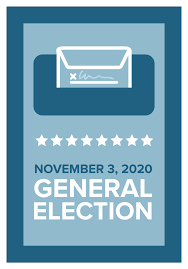
Full version available at https://elections.cdn.sos.ca.gov//statewide-elections/2020-primary/section-8-general-calendar.pdf
9/4/20 MILITARY OR OVERSEAS VOTER BALLOT APPLICATIONS
First day county elections officials may process applications for military or overseas voter ballots. Any applications received by the county elections official prior to this day shall be kept and processed on or after this date. If the applicant is not a resident of the county to which he or she has applied, the elections official receiving the application shall forward it immediately to the proper county.
A request for a vote-by-mail ballot from a military or overseas voter is deemed an affidavit of registration and an application for permanent vote-by-mail status.
9/19/20 MILITARY OR OVERSEAS VOTER BALLOTS
Last day for county elections officials to transmit ballots and balloting materials to absent military or overseas voters who have requested them by this date. If a military or overseas voter ballot application is received after this date, the county elections official shall transmit a ballot and balloting materials as soon as practicable.
9/24/20 to 10/13/20 STATE VOTER INFORMATION GUIDE MAILING
Period in which the Secretary of State shall mail state Voter Information Guides to all households in which voters were registered by September 4, 2020. This mailing is based on the information provided by county elections officials to the Secretary of State by September 14, 2020
9/24/20 to 10/13/20 COUNTY VOTER INFORMATION GUIDE AND POLLING PLACE NOTICE MAILING
Suggested first day for the county elections official to begin mailing a county voter information guide and a polling place notice, which includes any vote centers, to each registered voter who registered at least 29 days before the election, unless the voter has opted to receive them electronically. The polling place notice may state whether the polling place is accessible to the physically handicapped.
10/5/20 ALL COUNTIES MAIL EVERY ACTIVE REGISTERED VOTER A VOTE-BY-MAIL BALLOT AND PACKET
For this election, every active registered voter will be mailed a vote-by-mail ballot.
No later than this date, county elections officials shall begin mailing each registered voter a vote-by-mail ballot, a vote-by-mail packet that includes an envelope with instructions on the use and return of the vote-by-mail ballot, and other information including the locations and hours of each vote center in the county or polling place.
County elections officials shall have five days to mail a ballot to each person who had requested a vote-by-mail ballot by this date and five days for each voter who requests a vote-by-mail ballot after this date.
10/5/20 COMPUTER PROCESSING OF VOTE-BY-MAIL BALLOTS
Counties having the necessary computer capability may start to process vote-by- mail ballots on the 29th day before the election. Processing vote-by- mail ballots includes opening vote by mail ballot return envelopes, removing ballots, duplicating any damaged ballots, and preparing the ballots to be machine read, or machine reading them, including processing write-in votes so that they can be tallied by the machine, but under no circumstances may a vote count be accessed or released until 8 p.m. on the day of the election.
All other county elections officials shall start to process vote-by-mail ballots at 5:00 p.m. on the day before the election, the results of which shall not be released until 8:00 p.m. on November 3, 2020 (E).
10/5/20 to 10/27/20 VOTE-BY-MAIL BALLOT APPLICATION
Period in which any registered voter may apply to the county elections official for a vote-by-mail ballot.
No later than this date, the county elections official shall begin mailing vote-by- mail ballots, and shall have five days to mail a ballot to each person who had requested a vote-by-mail ballot by this date and five days for each voter who requests a vote-by-mail ballot after this date.
10/6/20 to 11/3/20 VOTER'S CHOICE ACT COUNTIES AND NON-VCA COUNTIES: DROPOFF LOCATIONS OPEN
Beginning no later than 9 a.m., counties that are implementing the Voter's Choice Act and non-VCA counties (that will be providing at least one polling place per 10,000 registered voters, pursuant to Executive Order N-67-20) will open ballot dropoff locations. These locations shall be open at least during regular business hours beginning not less than 28 days before the election through Election Day. At least one ballot dropoff location shall be an accessible, secured, exterior drop box that is available for a minimum of 12 hours per day, including regular business hours. The minimum number of drop-off locations should be based upon voters registered as of August 7, 2020
10/19/20 15-DAY CLOSE OF REGISTRATION FOR THE GENERAL ELECTION
Last day to register to vote in the general election. The Voter Registration Form shall be mailed (postmarked by this date), submitted online using the Secretary of State's online voter registration application (COVR), or delivered to the county elections official by this date and is effective upon receipt. The Voter Registration Form may also be submitted by this date to the Secretary of State, Department of Motor Vehicles, or any National Voter Registration Act designated agency.
A request for a vote-by-mail ballot from a military or overseas voter, if postmarked on or before this date, will be deemed an affidavit of registration and an application for permanent vote-by-mail status. When a county elections official receives and approves a registration application from a military or overseas voter, the official must provide that voter with a vote-by-mail ballot for each subsequent election for federal office in the state unless the voter fails to vote in four consecutive statewide general elections.
10/19/20 NOTICE OF CHANGE OF ADDRESS WITHIN STATE
Last day before the general election for any voter to send a notice or letter advising the county elections official of a change of address within the state. The notice or letter shall be mailed (postmarked by this date) or delivered to the county elections official by this date and is effective upon receipt. The notice or letter may also be submitted to the Department of Motor Vehicles or any National Voter Registration Act designated agency prior to the election. The county elections official shall correct the registration records accordingly. The notice or letter is in lieu of re-registering.
10/20/20 to 11/3/20 CONDITIONAL VOTER REGISTRATION PERIOD
Period in which an elector can “conditionally” register and vote provisionally at the county elections office, a satellite office, polling place, or vote center after the 15-day voter registration deadline.
10/20/20 BILINGUAL PRECINCT BOARD MEMBERS
Last day for county elections officials to prepare a list of precincts to which bilingual officers were appointed. A copy of this list shall be made available to the public.
10/20/20 to 10/27/20 NEW RESIDENT REGISTRATION PERIOD
Any person who becomes a new resident after October 19, 2020, may register to vote beginning on October 20, 2020, and ending October 27, 2020. This registration must be executed in the county elections office and the new resident shall vote a new resident’s ballot in that office. A new resident is eligible to vote for only president and vice president.
The ballots of new residents shall be received and canvassed at the same time and under the same procedure as vote-by-mail ballots.
10/20/20 to 11/3/20 NEW CITIZEN REGISTRATION PERIOD
Period in which a new citizen is eligible to register and vote at the office of, or at another location designated by, the county elections official at any time beginning on October 20, 2020, and ending at the close of polls on November 3, 2020.
A new citizen registering to vote after the close of registration shall provide the county elections official with proof of citizenship prior to voting and shall declare that he or she has established residency in California.
The ballots of new citizens shall be received and canvassed at the same time and under the same procedure as vote-by-mail ballots.
10/27/20 VOTE-BY-MAIL BALLOT APPLICATION — DEADLINE
Last day for the county elections official to receive any voter’s application for a vote-by-mail ballot, including an application from a military or overseas voter, and to issue such ballot for the general election.
10/28/20 to 11/3/20 REQUEST FOR VOTE-BY-MAIL BALLOT — LATE CONDITIONS
Period in which counties that are implementing the Voter's Choice Act will open one vote center for every 10,000 registered voters. The locations and hours of operation of these vote centers will be available in vote-by-mail materials and on the county website. Any voter registered in the county may visit any voter center in order to receive voter services or vote. The first day a vote center opens, the elections official shall deliver to the precinct board a list of military and overseas voters who registered under Section 3108.
10/31/20 to 11/3/20 VOTER'S CHOICE ACT COUNTIES AND NON-VCA COUNTIES: OPEN ONE VOTE CENTER FOR EVERY 10,000 REGISTERED VOTERS
Counties that are implementing the Voter's Choice Act (VCA) and non-VCA counties that will be providing at least one polling place per 10,000 registered voters, pursuant to Executive Order N-67-20, will open one vote center or "regular" polling place, for every 10,000 registered voters. The locations and hours of operation of these polling locations will be available in vote-by-mail materials and on the county website. Any voter registered in a VCA county may visit any vote center in order to receive voter services or vote.
11/2/20 MANUAL PROCESSING OF VOTE-BY-MAIL BALLOTS
Counties not having the necessary computer capability to process vote-by-mail ballots may begin to manually process vote-by-mail ballots at 5:00 p.m. on this date, but under NO circumstances may the vote count be accessed or released until 8:00 p.m. on November 3, 2020
11/3/20 GENERAL ELECTION DAY
On this date, the polls shall be open throughout the state from 7:00 a.m. to 8:00 p.m.
An elector can "conditionally" register and vote provisionally at the county elections office, a satellite office, polling place, or vote center.
11/3/20 HAND DELIVERED OR FAXED VOTE-BY-MAIL BALLOTS RETURNED IN ORDER TO BE COUNTED — DEADLINE
Voted vote-by-mail ballots hand delivered to the office of the elections official who issued the ballot, or at any polling place, vote center, vote-by-mail drop-off location, or drop box in the state must be received by the county elections official by the close of the polls on Election Day.
Last day a military or overseas voter who is living outside of the United States (or is called for service within the United States on or after October 27, 2020), may return his or her ballot by facsimile transmission or by certified remote accessible vote-by-mail system. To be counted, the ballot returned by facsimile transmission shall be received by the voter's elections official by 8:00 p.m. on Election Day and shall be accompanied by an identification envelope and a signed oath of declaration.
11/20/20 MAILED VOTE-BY-MAIL BALLOTS — LAST DAY TO BE COUNTED
Any vote-by-mail ballot cast shall be deemed timely if it is received by the elections official via the United States Postal Service or a bona fide private mail delivery company by the seventeenth day after Election Day and either of the following is satisfied: 1) the ballot is postmarked on or before Election Day or is time stamped or date stamped by a bona fide private mail delivery company on or before Election Day, or it is otherwise indicated by the United States Postal Service or a bona fide private mail delivery company that the ballot was mailed on or before Election Day, or 2) if the ballot has no postmark, a postmark with no date, or an illegible postmark, and no other information is available from the United States Postal Service or the bona fide private mail delivery company to indicate the date on which the ballot was mailed, the vote by mail ballot identification envelope is date stamped by the elections official upon receipt of the vote by mail ballot from the United States Postal Service or a bona fide private mail delivery company, and is signed and dated pursuant to Section 3011 on or before Election Day.
12/1/20 STATEMENT OF RESULTS TO SECRETARY OF STATE — PRESIDENTIAL ELECTORS
By this date, the county elections official shall send to the Secretary of State, in an electronic format, one complete copy of the returns for presidential electors.
12/11/20 STATEMENT OF THE VOTE
Last day for the Secretary of State to prepare, certify, declare, and file a statement of the vote from the compiled election returns and post to the Secretary of State's website.
12/14/20 2:00 p.m. ELECTORAL COLLEGE CONVENES
At this time and date, the Presidential Electors shall assemble at the State Capitol to vote by separate ballot for that person for President and that person for Vice President of the United States who are, respectively, the candidates of the political party which they represent. These votes are mailed to the seat of the government of the United States, directed to the President of the Senate.
1/2/21 CERTIFICATES OF ELECTION — INITIATIVE AND REFERENDUM RESULTS
Last day of the Secretary of State to deliver to the State Printing Office certificates showing what laws or constitutional amendments, proposed by initiative petition and approved by the people, have gone into operation, and the date of going into operation, and the result of all elections upon any questions submitted to the electors of the State by initiative or referendum petition within the preceding two years.

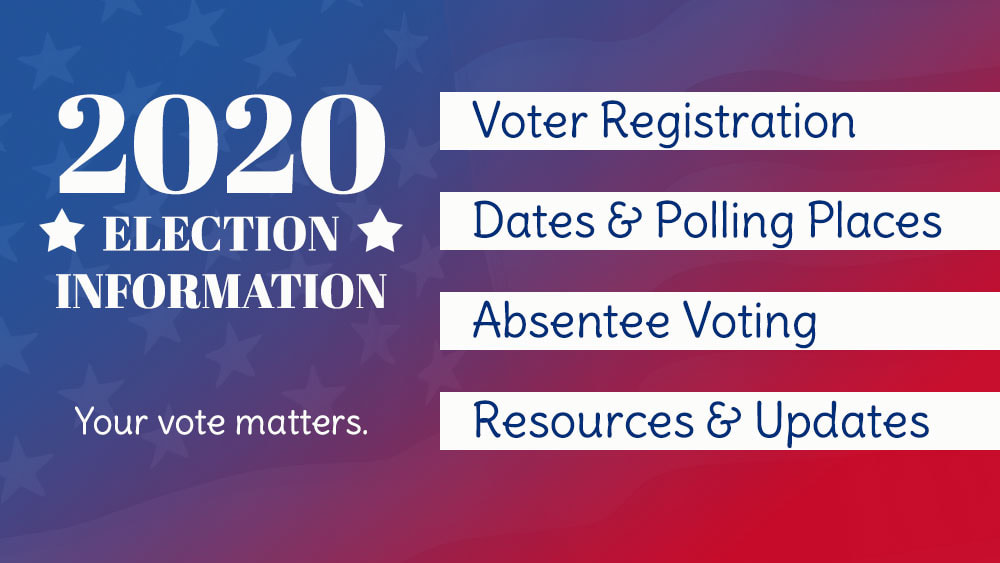
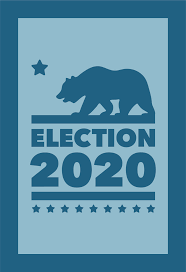

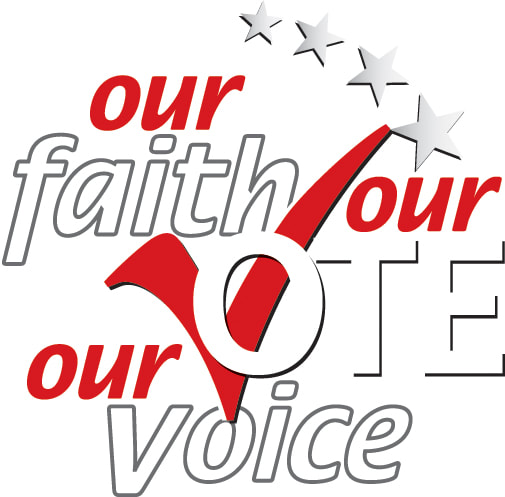
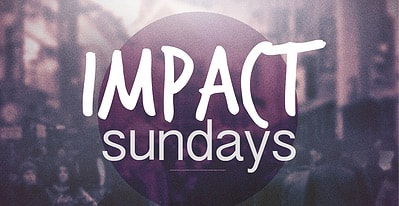
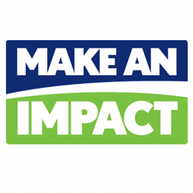
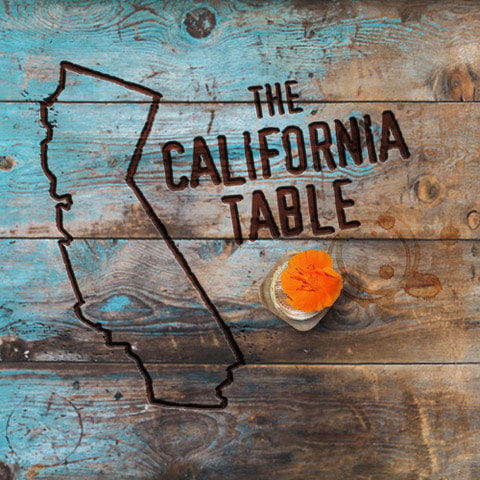
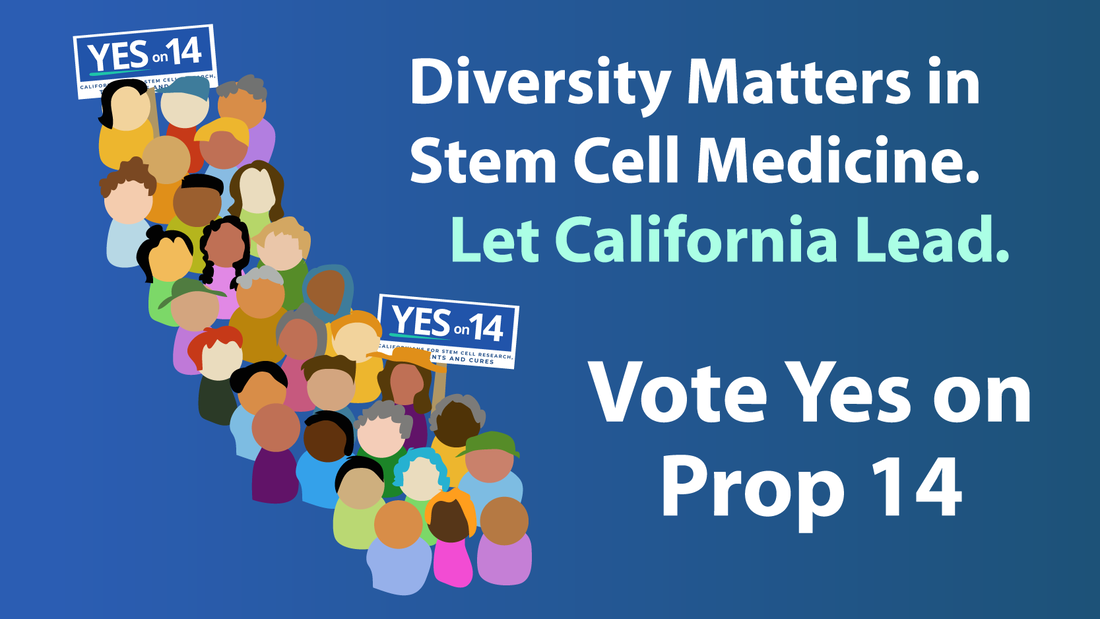

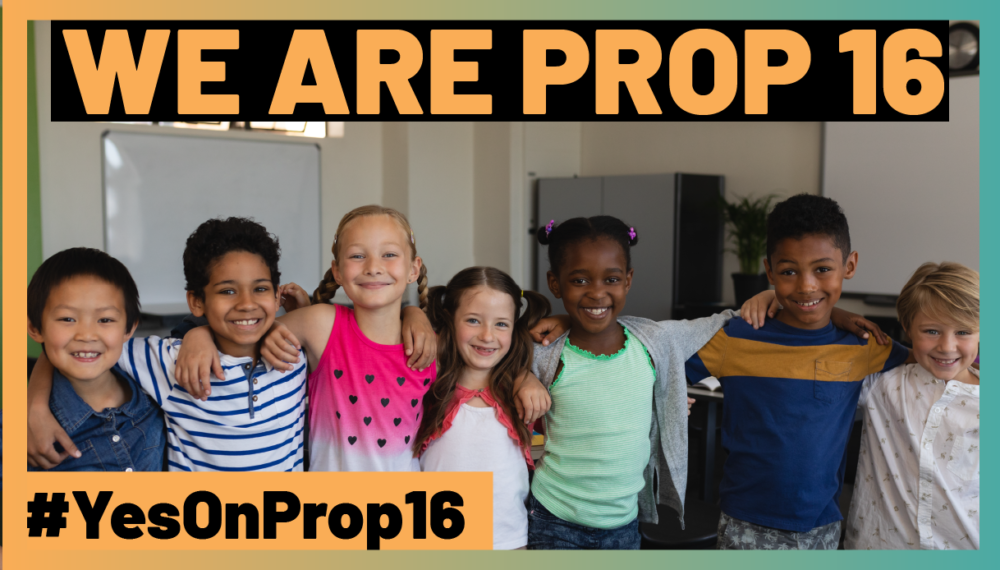
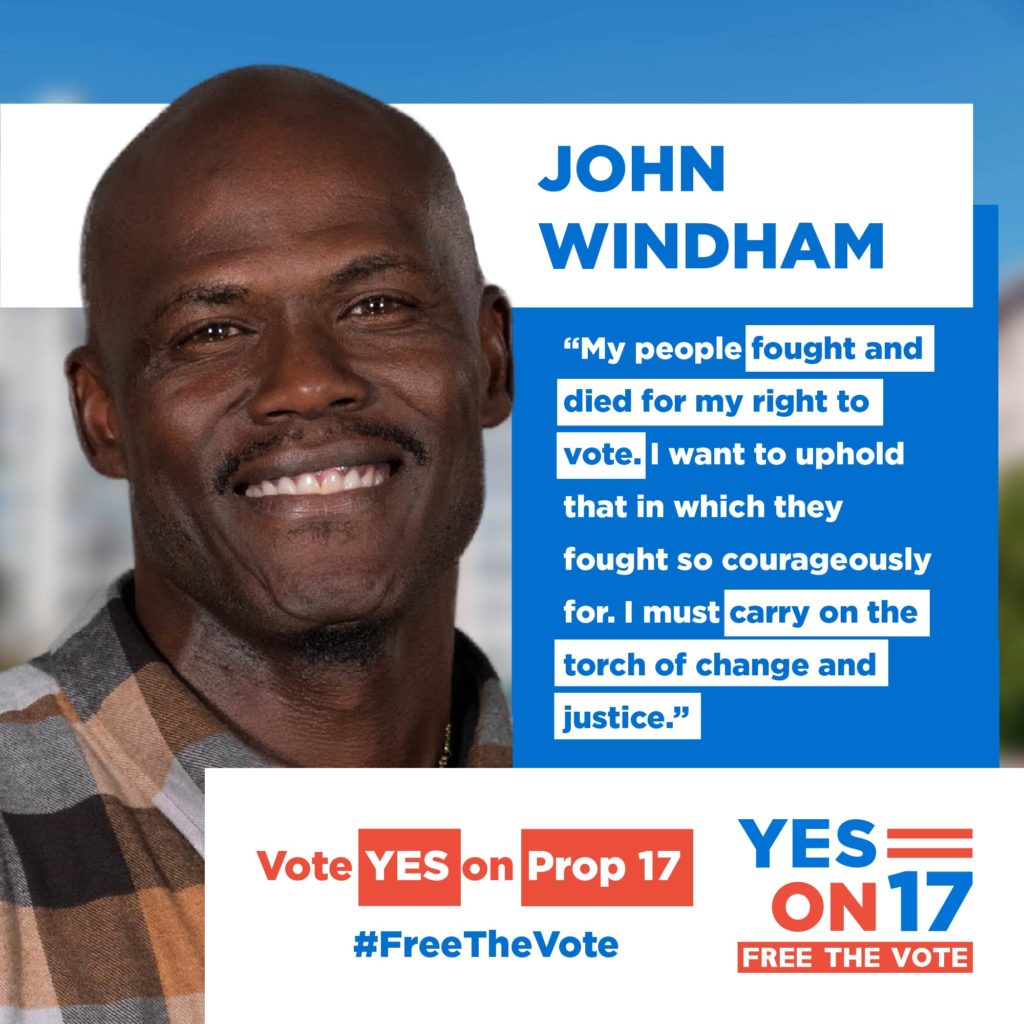
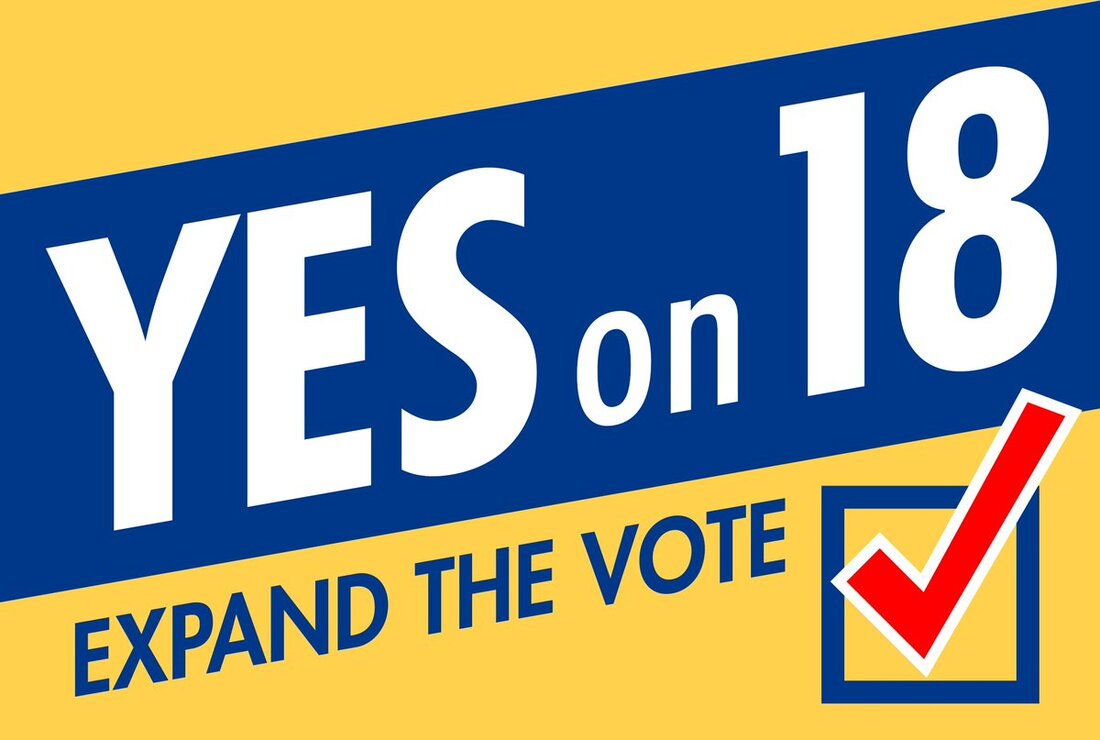

 RSS Feed
RSS Feed